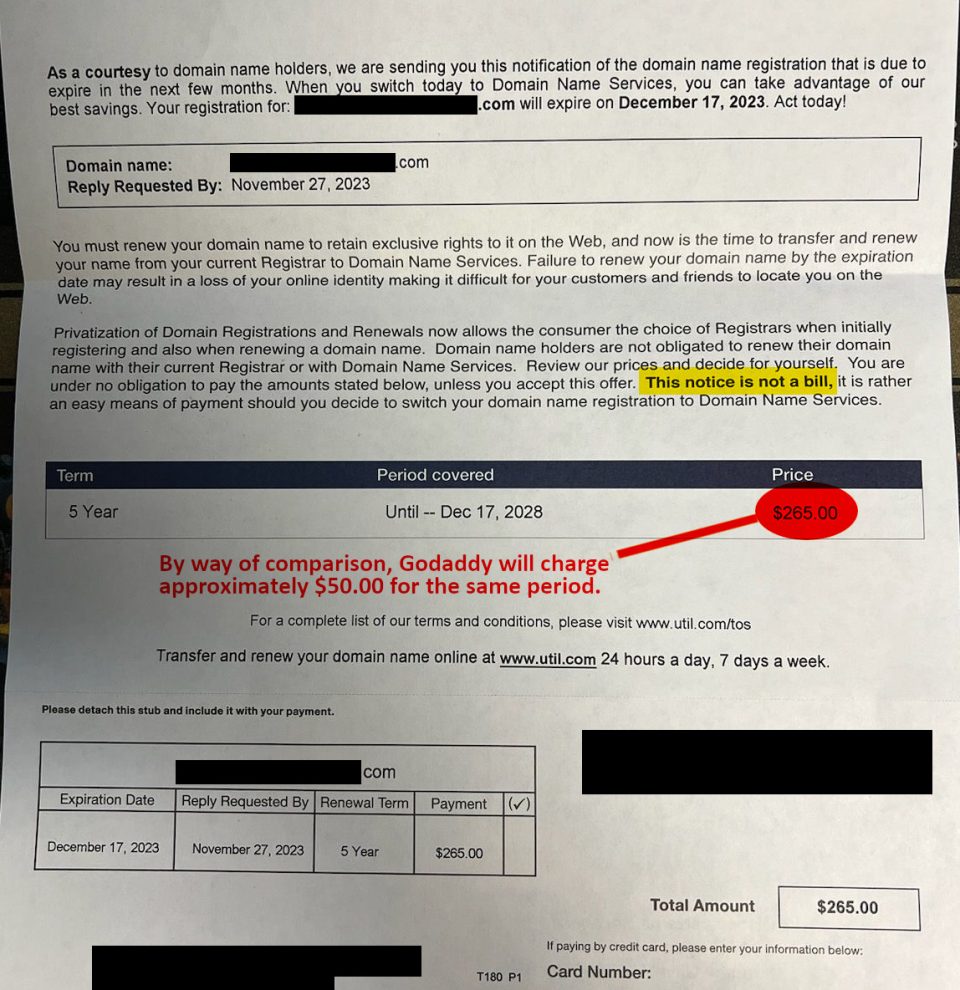Microsoft and HP are among the high-tech companies that are pushing for legislation that will offer better privacy when it comes to data because they feel that the current laws are insufficient.
Microsoft lawyer Ira Rubenstein commented on the pending proposal:
We think the time has come for a comprehensive privacy bill that would protect consumers’ personal information while still allowing the flow of information needed for commerce online
This year has been bad for consumer data protection. Social Security numbers have been compromised and computers containing private data have been stolen. When events like that happen, there is no one definitive regulation that spells out what the response steps should be. What is the company’s responsibility to the consumer? How much time can be taken before the consumer must be alerted to potential ID theft?
In many cases, the method of response has been left up to the company, which typically consists of formal notification by letter and possibly an offer of free credit monitoring for a set period of time.
While this potential legislation seems like a good idea, it is not without dissenters who do not feel it will go far enough to protect consumers.
Marc Rotenberg, executive director of the Electronic Privacy Information Center, a consumer advocacy group, said that if the proposals are adopted it would result in the industry setting its own regulations and will fail to protect online privacy.
Further, he feels consumers should be allowed to access the data that companies have on them and have more control over how that data is used. He likens it to the way consumers can currently access their credit reports.
Hopefully, this problem will be addressed in 2007. E-commerce web sites have experienced some dips in revenue due, in part, to consumer concerns over loss of personal data.




